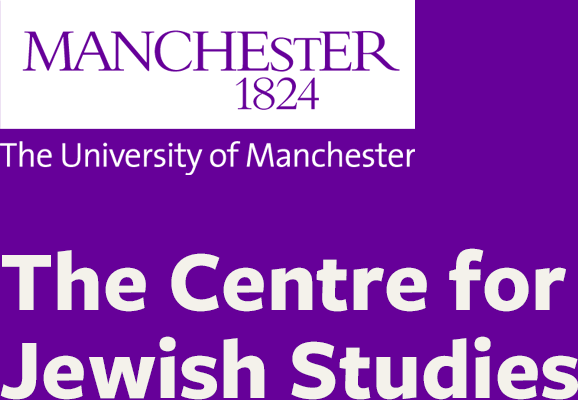The Bogdanow Lectures in Holocaust Studies
2019
‘Illegality: Jews and Other Humans’
Prof. Tony Kushner (University of Southampton)
Lecture 1 (23 September 2019): The Concept of Illegality: Defining the ‘Other’.
Since the ancient world, the tendency to categorise people in a hierarchical way has been prevalent. There have been ‘out’ groups including minority and those of migrant origin, throughout history subject to discrimination and violence. It is, perhaps, only since the twentieth century that migrants have been defined as ‘illegal’. This introduction explains how this came to happen on a general level and then using brief examples to illustrate the impact of such labelling. These case studies will range from East European Jews in the 1900s to more recent examples such as in Britain with those from the ‘Windrush generation’ and in the USA with those at the Mexican border from Central America.
Lecture 2 (24 September 2019): Illegality and the Migrant Experience: From Mandate Palestine to Lampedusa
Following this foundation, we will explore the exact moment when the term ‘illegal immigration came into use – Mandate Palestine and the British attempt to keep Jewish migration to a strict number. Having established this bureaucratic language and infrastructure of control, the concept had a life of its own and the second half of this lecture will focus on the contemporary migrant crisis, focusing on the tiny Italian island of Lampedusa (famous in Yiddish folklore through the play The King of Lampedusa) and so-called ‘boat people’. It asks what happens when migrants cease to be ordinary human beings trying to reach safety and security and instead become simply ‘illegals’. Taken together, these lectures probe the power of naming and the ethics of representation.
Masterclass (24 September 2019): Illegality: Jews and Other Humans
2pm A102 Samuel Alexander Building
See the events archive for previous Bogdanow Lectures.
The Bogdanow Lectures Bequest
This annual public lecture series was made possible as a result of the generous bequest to the University by Fanni Bogdanow (1927-2013), a former Professor of French and Medieval Studies at Manchester and a child refugee on the Kindertransporte.
Fanni Bogdanow, PhD graduation 1957
"Fanni Bogdanow was born in Düsseldorf, Germany. When she was 11, in 1939 and just in time, her parents loaded her on to a Kindertransport train bound for Britain. She was taken in by a Quaker family in Manchester to whom she remained very grateful. In 1945, she won a scholarship to study French at Manchester University; she was to stay at Manchester, as undergraduate, postgraduate, lecturer, reader and professor, for the rest of her life. Her parents, astonishingly, survived between them Dachau, Auschwitz and Bergen-Belsen; to Fanni's intense joy, her mother later joined her in Manchester..." [More from The Guardian]
Fanni Bogdanow's full life story interview was conducted in April 2002 by one of the Centre's former PhD students, Ros Livshin, and was archived at the Oral Testimony Archive of the Manchester Jewish Museum, a collection compiled under the supervison of the Centre's Bill Williams.
See also
Fanni Bogdanow, 'Anne Frank and the Holocaust' in Bulletin of the John Rylands University Library of Manchester 88:1 (2006), 207-215.
Fanni Bogdanow, 'From Holocaust Survivor to Arthurian Scholar' in On Arthurian Women, edited by Bonnie Wheeler and Fiona Tolhurst (Dallas: Scriptorium Press, 2001), 387-394.
As part of her bequest to the University of Manchester, Prof. Fanny Bogdanow funded a number of student travel bursaries for educational visits to concentration camps. This year the Centre for Jewish Studies can allocate a number of awards of £400 each (based on an estimated cost of £230 for flights and £115 for hotel/tour, plus £55 contribution for food/other expenses). The expectation is that the visit would take place during the period 1 January - 30 June 2018.
Application: Please email Laura.Mitchell@manchester.ac.uk and outline in a couple of sentences your interest in the subject, and whether you are currently registered for a relevant course unit. (Depending upon demand, priority may be given to students registered on relevant course units). Please also confirm that you understand that you must provide receipts for all costs/expenses that will be reclaimed, and that you are prepared to write a 500 word report for publication. Deadline for application: 1 December 2017, with an expectation of notification to successful applicants by 1 January 2018. Eligibility: Any undergraduate, post-graduate, or research student in SALC.

